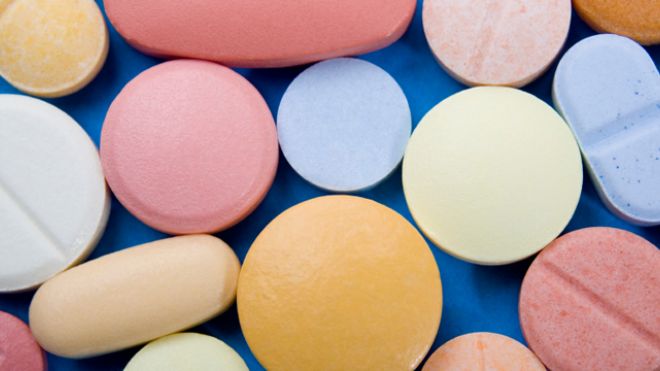
Taking Ritalin and other drugs for attention-deficit/hyperactivity disorder (ADHD) doesn't affect a child's chances of trying or abusing alcohol and drugs later in life, a new review suggests.
Researchers pooled data from 15 studies that included a total of 2,600 kids and teenagers with ADHD who were or were not medicated with stimulants and were followed for anywhere from 3 to 28 years.
They found no clear difference in how many participants started using or abusing alcohol, cigarettes, marijuana or cocaine, based on how their ADHD was managed.
“The scientific evidence suggests that the risk for alcohol and substance problems later in development, in adolescence or adulthood, doesn't seem to be strongly tied to whether or not children were previously… treated with stimulant medication,” said psychologist Steve Lee, who worked on the new study.
That means parents should focus on discussing more immediate effects of stimulants with their child's doctor, such as sleep or appetite problems, he added.
Kids with ADHD are known to be at higher risk of developing substance problems than those without the disorder.
One analysis from 2003 suggested kids treated with stimulants were less likely to develop alcohol and drug problems than their peers with ADHD. Lee and his colleagues from the University of California, Los Angeles, wanted to see how that picture looked once more recent studies were taken into account.
The researchers analyzed data related to substance use or abuse of each drug separately. For every category they looked at - alcohol, nicotine, marijuana, cocaine and other drugs - Ritalin and similar stimulants weren't tied to a clear increase or decrease in future use or abuse.
That finding isn't the end of the story, the study team said. For example, it's not clear whether the effects of stimulants are different for boys and girls.
And because kids in these studies were not randomly assigned to take stimulants or not, it's possible they varied in other ways that may have affected future drug and alcohol use, such as ADHD severity, the researchers write in JAMA Psychiatry.
“What I say to parents when I'm talking to them about medication is, the medication is unlikely to have any adverse effects on substance use as far as we know right now,” said William Pelham, head of the Center for Children and Families at Florida International University in Miami, who wasn't involved in the new study.
But, he said, “We don't have a lot of studies going into the full range of years when people (are most at risk for) substance abuse.”
According to the U.S. Centers for Disease Control and Prevention, parent reports suggest that close to one in 10 kids and teens in the U.S. has ever been diagnosed with ADHD, and two-thirds of those with a current diagnosis are treated with medication such as stimulants.
Those drugs can come with short-term side effects, including appetite loss and stomach aches.
Because of that, “psychosocial, parent-management types of strategies probably ought to be the first line of treatment,” rather than medication, Lee said.
In general, stimulants haven't been shown to have long-term side effects in the years after kids stop taking them, Pelham said - but they also don't seem to have long-term benefits.
He agreed with Lee that parents should be looking to non-drug ways to improve the outlook for children with ADHD, including working closely with teachers as kids grow up.
And because those youth are at higher risk of drug and alcohol problems due to their ADHD, they should have access to programs to improve decision-making skills and peer relationships, Pelham said.
source : http://www.foxnews.com/health/2013/05/30/adhd-medications-not-tied-to-drug-alcohol-abuse/